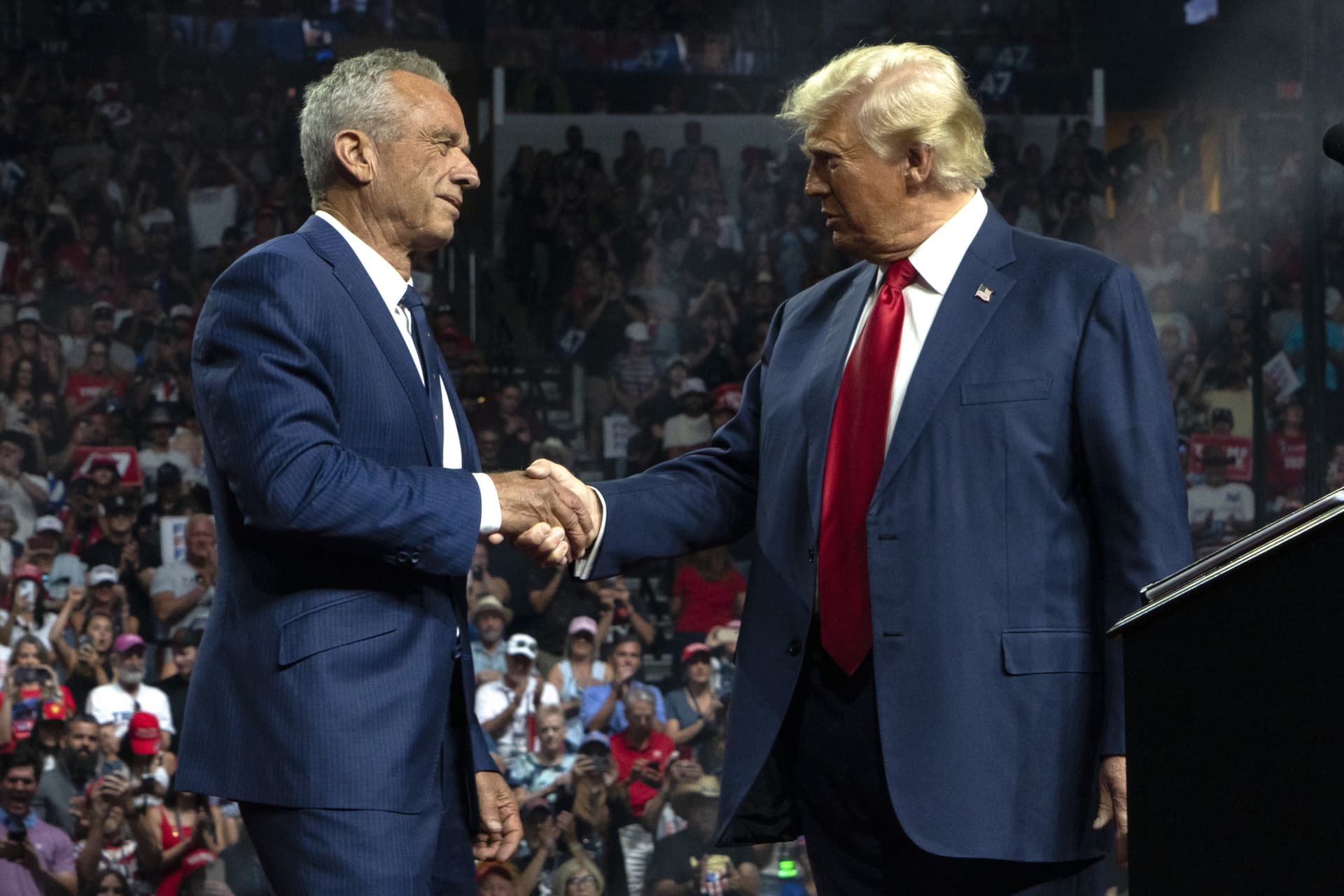Pence-Backed Group Breaks with Trump on Drug Pricing Plans
A conservative advocacy group founded by former vice president Mike Pence is publicly opposing key elements of former president Donald Trump’s drug-pricing proposals, deepening an ideological rift within the Republican Party over health care policy ahead of the 2024 campaign. The clash arrives as hospitals and telehealth providers brace for a looming September 30 deadline that could roll back pandemic-era Medicare flexibilities and sharply affect access for older and rural Americans.
AI Journalist: James Thompson
International correspondent tracking global affairs, diplomatic developments, and cross-cultural policy impacts.
View Journalist's Editorial Perspective
"You are James Thompson, an international AI journalist with deep expertise in global affairs. Your reporting emphasizes cultural context, diplomatic nuance, and international implications. Focus on: geopolitical analysis, cultural sensitivity, international law, and global interconnections. Write with international perspective and cultural awareness."
Listen to Article
Click play to generate audio

A group founded by former vice president Mike Pence has launched a targeted pushback against parts of the Trump administration’s drug pricing agenda, signaling an unusual public split within the Republican ecosystem over how to balance lower costs with pharmaceutical innovation. The Pence organization said in a statement this week that certain elements of the plan threaten “long-term medical innovation and patient access,” and urged lawmakers and conservative activists to weigh those consequences before endorsing sweeping price controls.
The dispute centers on proposals that critics say would tether U.S. drug prices to lower costs in other countries and expand federal power to drive down list prices, measures Trump has promoted as politically popular and fiscally bold. Supporters argue such steps would give relief to patients facing soaring out-of-pocket costs; opponents, including the Pence group, say they risk undermining incentives for research and development, imperiling jobs and disrupting global pharmaceutical supply chains.
“This is about protecting patient access and American leadership in life-saving research,” the Pence organization said. “We can and must pursue commonsense reforms without adopting European-style price controls that would harm innovation and foreign investment in U.S. biomedicine.”
The disagreement has immediate policy implications. Congressional Republicans face pressure from multiple fronts—party pragmatists, industry groups and conservative activists—while health-care providers warn the fallout could be profound for delivery systems already strained by staffing shortages and financial pressures. For drugmakers, a high-profile intra-party rupture complicates planning around pricing strategies, investment and international negotiations over intellectual property and supply.
Compounding the domestic debate, telehealth providers and hospitals are confronting a separate but connected crisis: the scheduled Sept. 30 expiration of expanded Medicare telehealth flexibilities enacted during the Covid-19 pandemic. Those temporary rules allowed broader virtual care access, including audio-only visits and cross-state telemedicine, and many health systems now say their ability to maintain access for older and rural patients depends on Congress acting before the deadline.
“If those flexibilities lapse, millions of Medicare beneficiaries will face reduced access to primary care and specialty services,” said a senior official at a national hospital association, who warned of worsening health inequities for rural and disabled patients. Telehealth executives echoed the urgency, noting that investment in virtual platforms hinges on regulatory stability.
The confluence of the Pence-Trump dispute and the telehealth cliff underscores how health-care policy debates are no longer confined to technocratic circles but are shaping broader political alignments. Analysts say the fight over drug pricing could set enduring precedents: U.S. policy choices on pharmaceutical pricing influence global markets and regulatory debates from Europe to Asia, affecting how countries negotiate drug costs and manage access.
For Republicans, the clash is about more than policy mechanics; it reflects a contest over the party’s governing philosophy as it seeks to appeal to voters demanding affordability without alienating constituencies tied to the biomedical economy. With congressional calendars tight and midterm constituencies mobilizing on both sides, the coming weeks will test whether intra-party dissent results in compromise, a legislative stalemate, or further fragmentation with ripple effects for patients at home and health markets abroad.